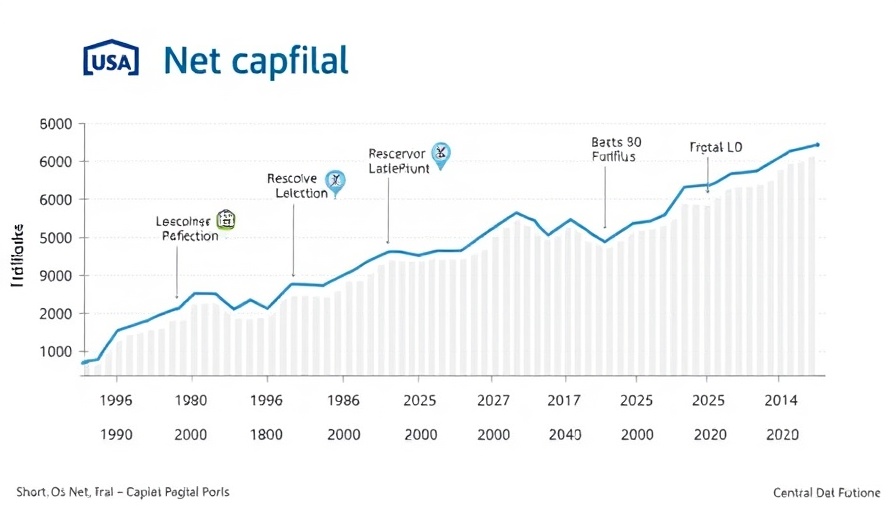
Understanding Unforced Errors in Investing
In the world of investing, mistakes can happen, but many of them are avoidable. During a recent conversation between Barry Ritholtz, co-founder of Ritholtz Wealth Management, and Liz Ann Sonders, the Chief Investment Strategist at Schwab, the importance of recognizing and avoiding unforced errors was emphasized. Ritholtz, who has authored How Not to Invest, shared insights on the psychological aspects influencing investor behavior.
Market Timing: A Recipe for Mistakes
One of the biggest pitfalls discussed was the attempt to time the market. Investors often think they can predict when to buy low and sell high, leading to impulsive decisions driven by emotion rather than strategy. This falls directly in line with the advice of seasoned investors who emphasize a disciplined approach throughout market fluctuations.
The Role of Emotional Control
Emotion plays a powerful role in investing. Fear and greed can lead to significant losses if investors react rashly. Ritholtz maintained that emotional control is a crucial skill, especially during volatile market conditions. Understanding one's biases and ensuring that decisions align with a well-thought-out strategy can prevent costly mistakes.
The Influence of Peer Pressure
Investors also need to be wary of peer pressure, as social dynamics can heavily influence financial decisions. Often, individuals feel compelled to follow the latest trends or what their peers are doing without fully assessing their personal financial situation. Ritholtz’s discussion reinforces the significance of maintaining a personal investment philosophy that aligns with one’s goals.
Conclusion: Embracing Disciplined Investing
For top wage earners in Philadelphia, understanding these concepts is vital. By recognizing and avoiding unforced errors, investors can better navigate complexities and uncertainties in financial markets. Those serious about improving their investment strategies should consider how to apply these insights proactively, fostering a disciplined and informed approach.
 Add Row
Add Row  Add
Add 




Write A Comment